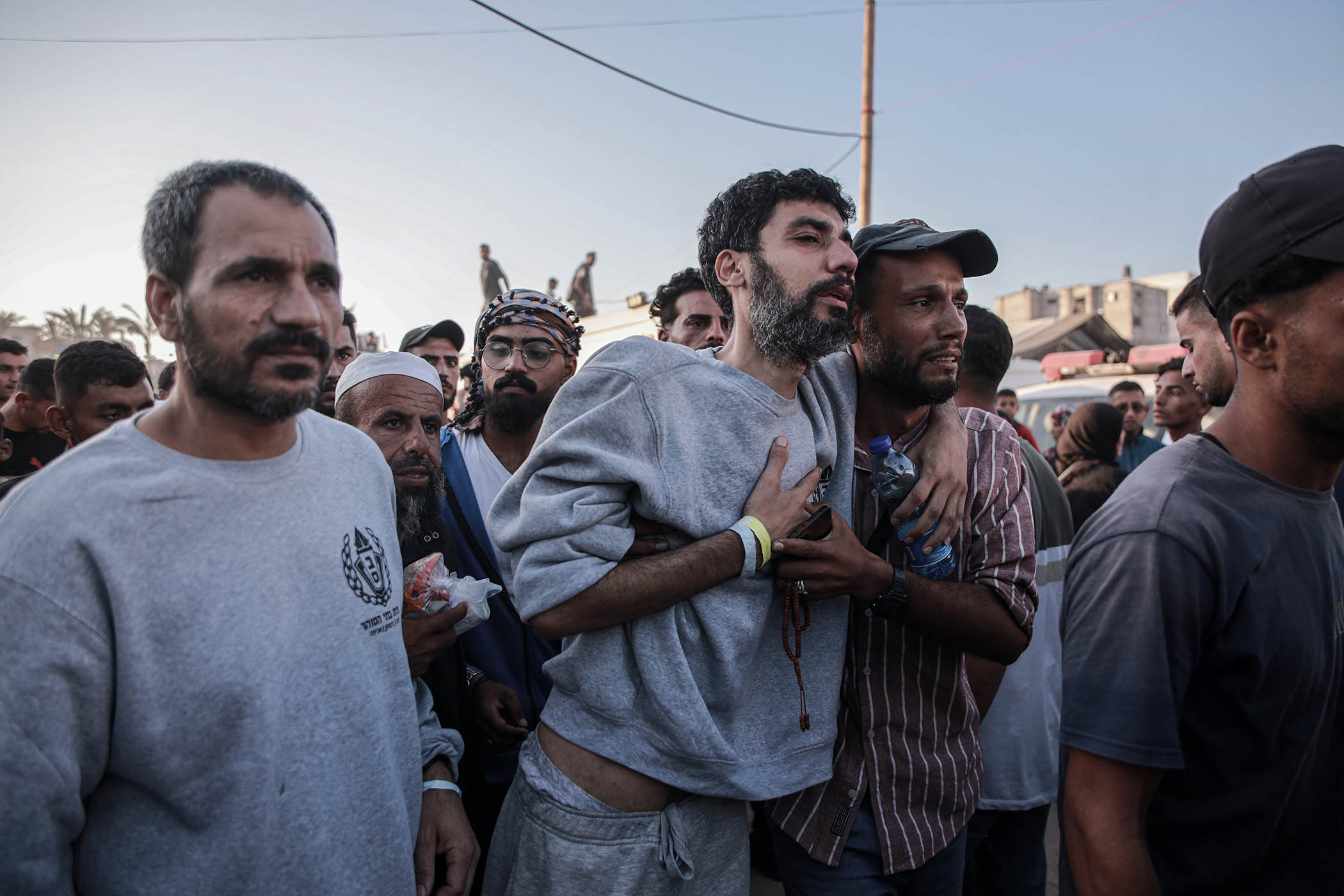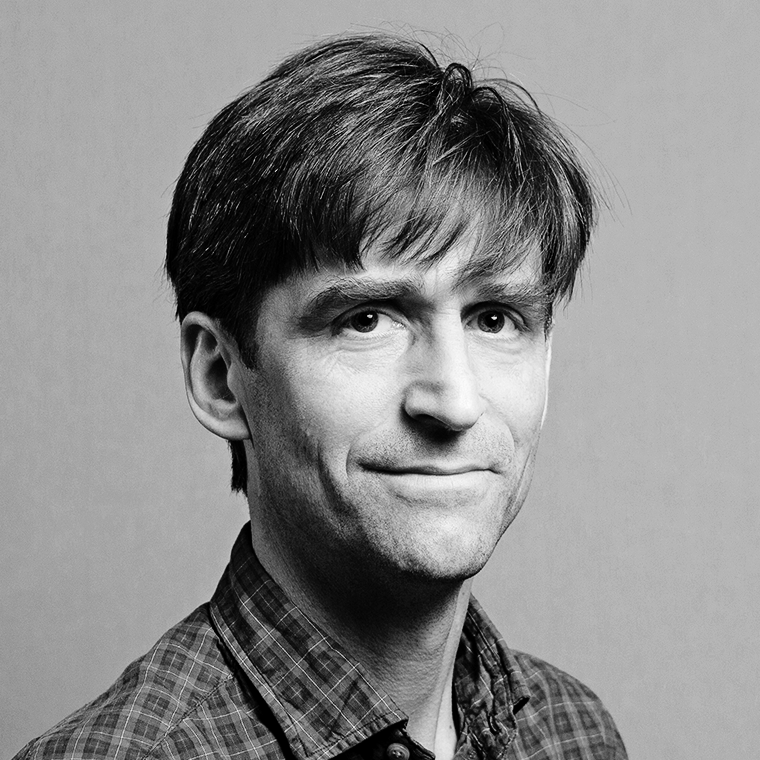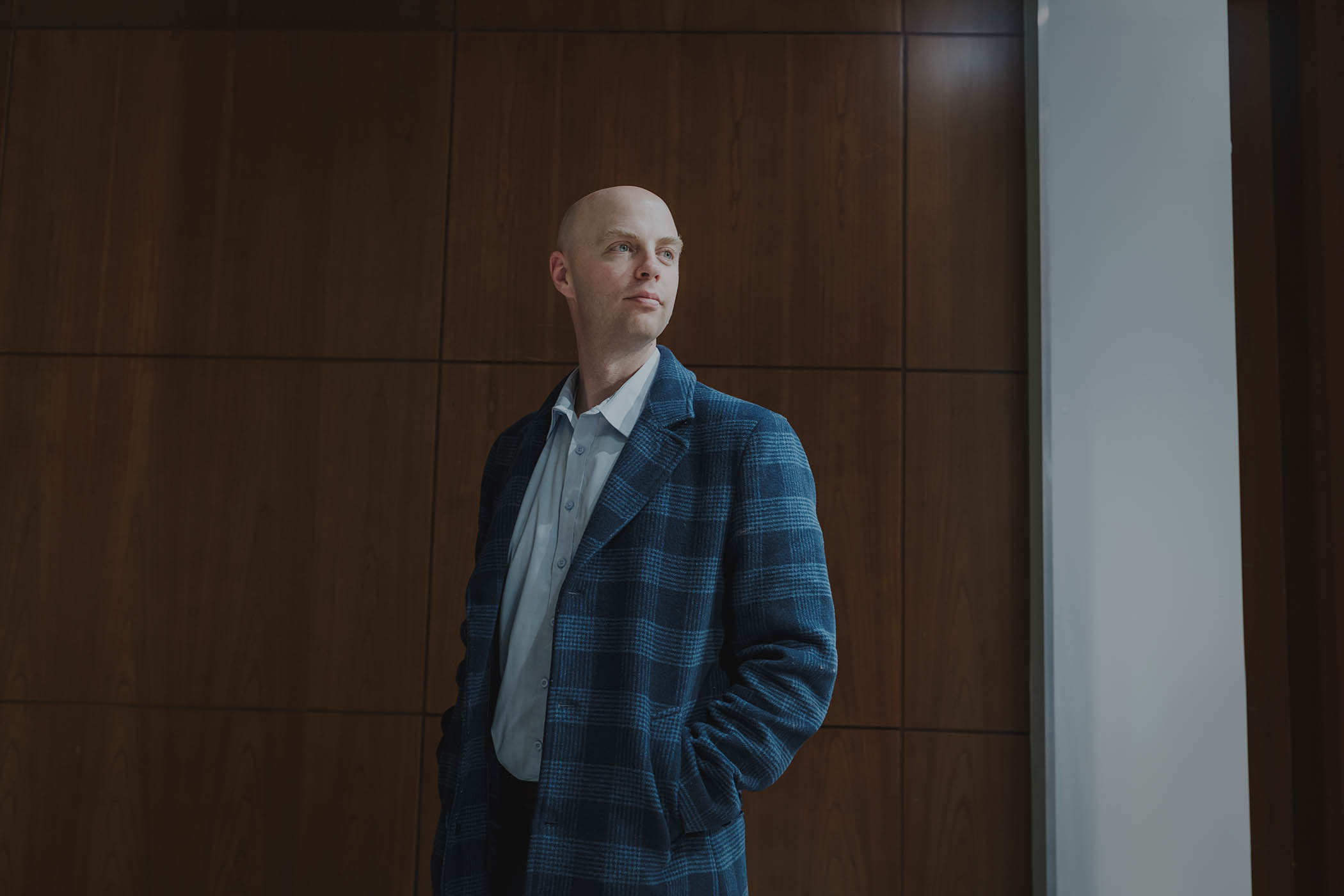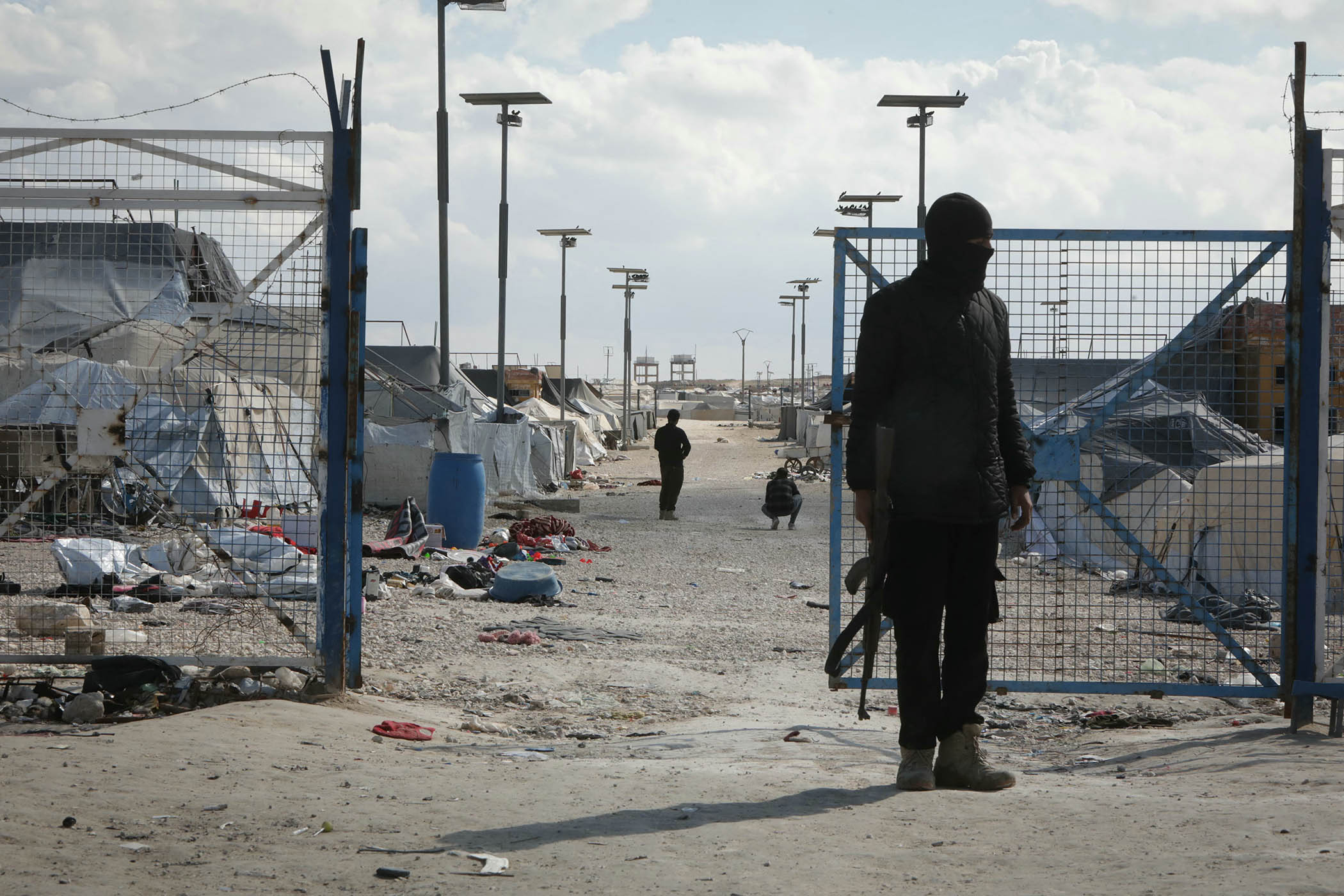An hour into the desert east of Cairo, in a five-star resort complex the pharaohs themselves could not have dreamed of, 154 Palestinians started a new life last week. All have been released from Israeli prisons as part of Donald Trump’s peace deal, on condition they go into exile in Egypt. Most were serving long sentences, having been convicted by courts in Israel of offences including murder.
One is Mahmoud al-Ardah. If central casting wanted to cram the Palestinian struggle into one man, this could be him. Ardah was first arrested aged 14 for throwing molotov cocktails at Israeli soldiers. Now 50 and a leader of Palestinian Islamic Jihad, he has spent more than half his life in jail.
But he is celebrated, insofar as Israel and Egypt permit celebrations, for something else: a mass prison break using a tunnel dug with spoons.
The year was 2021. Ardah had been serving a life sentence since 1996 for carrying out attacks against Israelis. Without much to lose, he and five others dug their way out of Gilboa prison in northern Israel and made a run for it in the dead of night, having downloaded floorplans for the prison from the internet.
On that occasion, he was rearrested after less than a fortnight. This time his freedom may last a lifetime, but it is a peculiar freedom. “They all hoped to be released to Palestine,” said Kadura Farez, head of the Palestinian Prisoners Club. Instead he says they have been billeted at the Almasah hotel, where guests must choose between six pools and four restaurants. In return the Egyptian government controls their access to the world.
The Egyptian government is picking up the bill; in return, for now, it controls where they stay and their access to the world.
“All those prisoners who could maybe play a role in the international movement [for a Palestinian state] – Israel pushed them out,” Farez said. Where they go next is unclear. “Egypt doesn’t want them and is asking other states to receive them,” he added.
For the past six days, Ardah has been reconnecting with family and meeting children, he claimed, for the first time in 32 years. His contact with the media is restricted by a nervous regime, his bittersweet predicament in some ways a reflection of Egypt’s; committed in principle to the Palestinian cause but forced in practice to walk a tightrope set up by 100 years of conflict and tension.
Under Egypt’s president, Abdel Fattah al-Sisi, solidarity with Palestine is a cause to be championed in Egypt with great care. “There were pro-Palestinian protests at the start of the war but they didn’t last long because they morphed into anti-government protests, which is exactly what Sisi fears,” said a Cairo-based analyst who asked not to be named.
Police in full riot gear still stand guard on the streets leading to Tahrir Square 14 years after it hosted Egypt’s only popular democratic uprising. But politics has been replaced by a Sisi personality cult: his portrait stares down from billboards all the way out to the antiseptic vastness of New Cairo. Outward signs of support for Gaza are rare. Before police turned us back on the road to Rafah, we saw a 40-truck aid convoy arranged by an Egyptian billionaire “for our friends in Gaza”, but in Cairo and elsewhere the Palestinian flags that fly in other Arab cities – indeed, in many western cities – are absent.
Newsletters
Choose the newsletters you want to receive
View more
For information about how The Observer protects your data, read our Privacy Policy
Ideologically, Hamas is a sworn enemy of the regime as an offshoot of the Muslim Brotherhood, which Sisi crushed to establish his power base after the Arab spring. Strategically, he is neuralgic about any leakage of people or weapons across the border with Gaza because he considers them a threat to stability in the northern Sinai desert.
Last month, the Sinai Foundation for Human Rights issued a report on a mass grave in the desert an hour’s drive west of the Rafah crossing. The grave is thought to contain up to 300 bodies of militants and others killed by the army and secret police in running battles over many years with Islamic State-linked insurgents.
Activists drawing attention to the regime’s vulnerabilities are liable to be deported or worse. Four days after the foundation’s report was issued, one of its lead researchers was arrested and charged with “joining a terrorist group”.
In 2016, the Italian researcher Giulio Regeni was found dead on a roadside north of Cairo, his body marked with cigarette burns and other signs of torture, after making a study of trade union resistance to the new dictatorship.
In the intervening years, Egypt has jailed tens of thousands of political prisoners, rights groups say, and has fallen to 170 out of 180 in Reporters Without Borders’ world press freedom index.
Not that the Trump administration is overly concerned. “We’re in a country where a friend of mine is a very powerful leader,” Trump said, pointing to his host at a press conference with Sisi in Sharm el-Sheikh after signing the peace deal the US president believes warrants a Nobel prize.
“It’s really nice when you say: ‘How is your crime situation?’ and they don’t even know what you’re talking about. If he has crime, he puts it out very quickly. Some people think that’s not nice but I think it’s great.”
‘Israel defines the rules in the region. That is not a bug in the system – it’s a feature of it, and the [Trump] deal doesn’t change that’
‘Israel defines the rules in the region. That is not a bug in the system – it’s a feature of it, and the [Trump] deal doesn’t change that’
HA Hellyer, analyst
At the same event, Trump’s secretary of state, Marco Rubio, ventured that it was the greatest day for peace in the region since the end of the second world war. Another benchmark might be the Camp David accords of 1978. Their centrepiece was a peace treaty between Egypt and Israel.
“The accords are at the bedrock of regional security architecture,” said HA Hellyer of the Royal United Services Institute and the Center for American Progress. “If that goes, it’s bad news for the Egyptian state, but also for many others regionally.”
The Camp David accords remain broadly popular with most Egyptians too, because the alternative to peace with Israel is unknown and unstable, Hellyer said. Especially now.
“The Israelis have asserted total freedom of action in Gaza and the region generally, with a push for an Israeli regional paramountcy. They define the rules, they enforce the rules and they are not held accountable. That is not a bug in the system – it’s a feature, and the [Trump] deal doesn’t change that.”
The deal does give Egypt a role in the peace process if it survives, however, not least as a provider of soldiers for a putative international stabilisation force for Gaza.
But that is no more than an idea as long as Hamas and rival militias contest control of the strip by force.
Plus ça change, says Abdelrahman Yasser Hekal, a young Egyptian lawyer heading east on the 14-lane highway that connects Cairo to the Suez canal and north Sinai. Many Egyptians do sense hope after the Sharm deal, especially those who run construction companies in line for multibillion-dollar deals funded by Gulf states to rebuild Gaza.
Hekal is not convinced. “You want to see the peace?” he asked. “There’s no peace.” Why? “The history.”
Photograph by Abdalhkem Abu Riash/Anadolu via Getty Images



